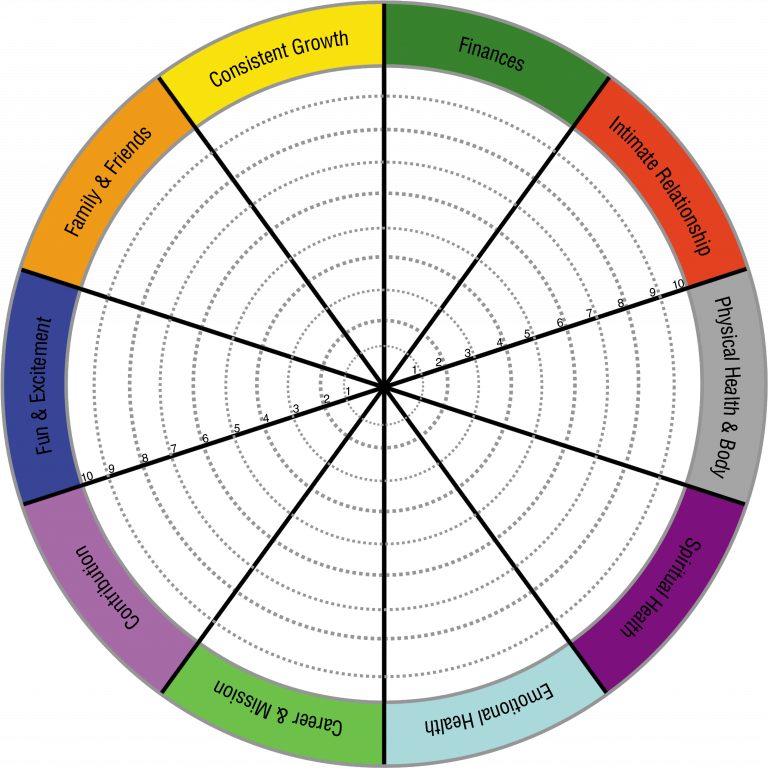Relationships thrive on trust, communication, and emotional connection. However, some individuals unintentionally undermine their relationships through self-sabotage, often rooted in past experiences or limiting beliefs. Christina Steinhoff, a Certified Master NLP & Life Coach in Dubai, sheds light on how self-sabotage in relationships manifests and what behaviors can jeopardize even the strongest bonds. Understanding these tendencies is the first step toward healing and building healthier relationships.
Fear of Vulnerability
One common behavior among individuals with self-sabotage tendencies is the fear of vulnerability. They struggle to open up emotionally, fearing rejection or judgment. This fear often leads to emotional walls, which prevent authentic connection and intimacy.
Example: A partner avoids discussing their feelings or past, creating a distance that leaves the other person feeling excluded.
Tip: Practice small acts of emotional honesty. Sharing thoughts and feelings gradually can help build trust and reduce the fear of vulnerability.
Overthinking and Assuming the Worst
Overthinking creates unnecessary stress and conflict in relationships. People prone to self-sabotage in relationships often jump to conclusions or assume negative intentions from their partners, even when no evidence supports these fears.
Example: A person misinterprets their partner’s busy schedule as a lack of interest, leading to arguments and emotional strain.
Tip: Challenge your assumptions. Communicate directly with your partner to clarify intentions and avoid unnecessary misunderstandings.
Pushing Partners Away
Some individuals sabotage their relationships by pushing their partners away when they feel too close. They may fear losing their independence or worry that the relationship will end painfully, so they create distance as a form of self-protection.
Example: Canceling plans, avoiding quality time, or starting unnecessary arguments to create emotional space.
Tip: Christina Steinhoff recognizes when you’re pushing someone away out of fear rather than genuine need. Then, she works on addressing the underlying insecurities.
Setting Unrealistic Expectations
People with self-sabotage tendencies often set unattainable expectations for their relationships or partners. When their expectations aren’t met, they may feel disappointed, leading to criticism and conflict.
Example: Expecting a partner to always understand unspoken needs or handle every challenge perfectly can create unnecessary pressure.
Tip: Focus on realistic and mutual expectations. Remember that healthy relationships involve communication and compromise.
Fear of Commitment
A deep fear of commitment often drives self-sabotage in relationships. This fear may stem from past trauma or a belief that committing fully will lead to vulnerability and hurt. As a result, individuals may avoid taking the next step in their relationships or undermine the connection.
Example: A person hesitates to define the relationship or avoid discussions about long-term plans, leaving their partner feeling uncertain.
Tip: Christina Steinhoff professionally guides individuals to reflect on the root of your fear and take small steps toward commitment and overcome these patterns.
Breaking the Cycle of Self-Sabotage in Relationships in Dubai
Self-sabotage often stems from unresolved emotional wounds or limiting beliefs. Christina Steinhoff emphasizes the importance of self-awareness and personal growth to overcome these tendencies. Through coaching and practical strategies, individuals can break free from destructive patterns and foster healthy, fulfilling relationships.
In Dubai, where diverse cultural dynamics shape relationships, self-sabotage can manifest uniquely. Recognizing these behaviors and addressing their root causes allows individuals to embrace authentic connections and nurture their emotional well-being.
Conclusion
Self-sabotage in relationships doesn’t have to define your future. By understanding these behaviors and committing to personal growth, you can transform your relationships and build deeper, more meaningful connections in Dubai. Whether it’s overcoming a fear of vulnerability, challenging unrealistic expectations, or learning to communicate effectively, small steps can create lasting change.
Christina Steinhoff works with individuals in Dubai to address self-sabotage tendencies and unlock their full potential. Through her expertise, she helps clients navigate the complexities of relationships, enabling them to build trust, confidence, and a stronger sense of self. Break free from self-sabotage today and start living the connected and fulfilling life you deserve.


